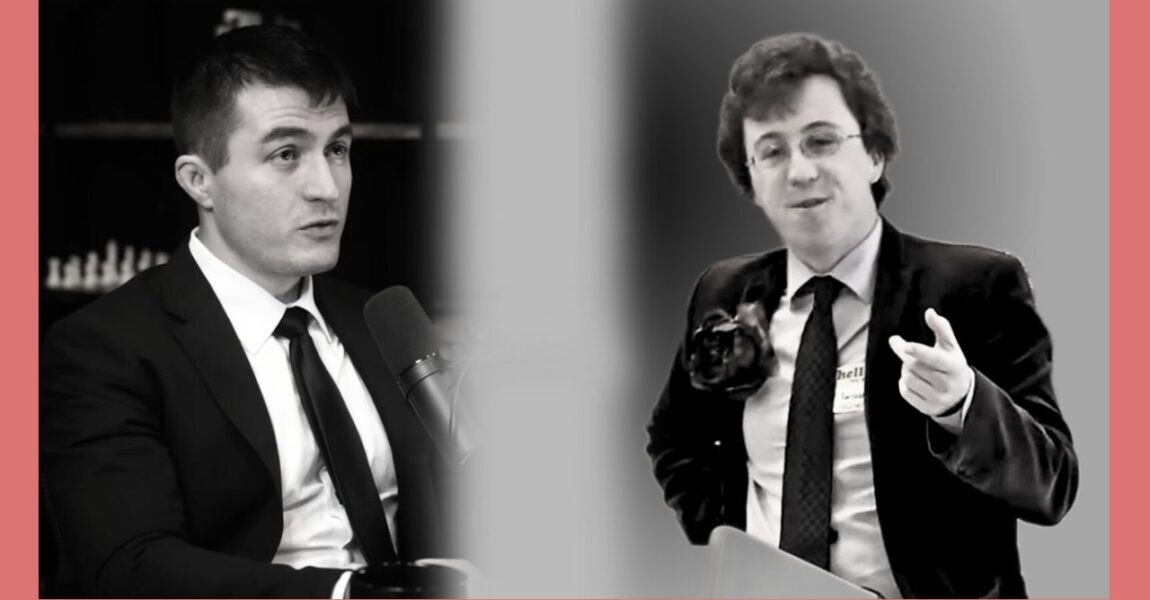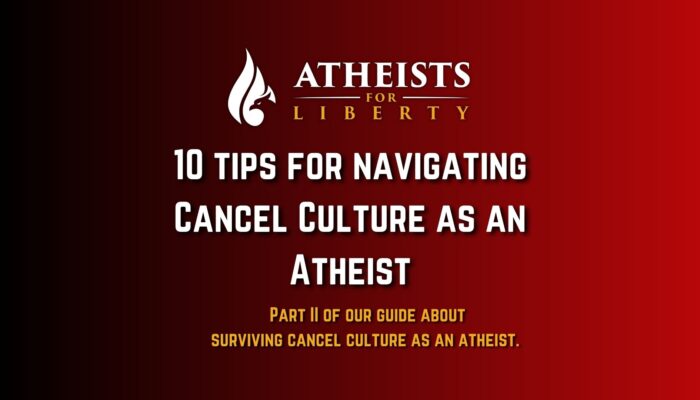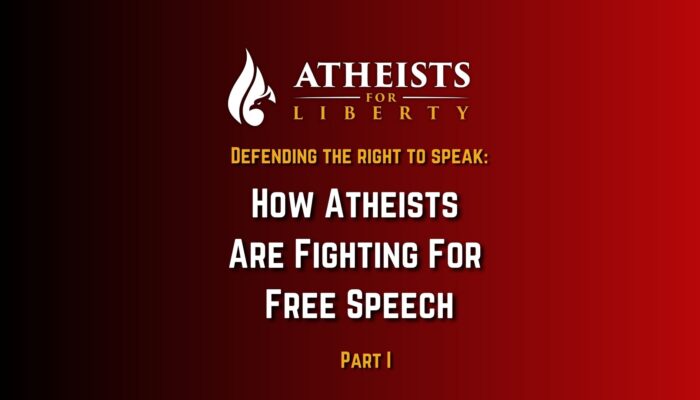
Cancel culture is far from the greatest threat to liberty today. We live in a time when the “possibility of Armageddon” is the highest it’s ever been since the Cuban missile crisis. However, the actual harms from cancel culture shouldn’t be underestimated. For example, cancel culture results in a chilling effect across the culture that makes it easier for authorities to censor anti-establishment voices as “misinformation,” “conspiracy theories,” or even “hate speech”
We’ve seen this in the debate over the Russian invasion of Ukraine, with a college cancelling a screening of the documentary Ukraine on Fire on the grounds that it was allegedly “pro-Putin.” More absurd, the British got in on the cancelling action when the Cardiff Philharmonic Orchestra dropped the music of Pyotr Tchaikovsky from a concert for no reason other than that he shared the same nationality with the people invading Ukraine. What’s next, banning Aladdin because he’s Arab like Osama bin Laden?
One of the great ironies of discourse over cancel culture is that some who vocally denied its existence have ended up being cancelled themselves. Nathan Robinson, then working as a columnist for The Guardian, mockingly declared that “There is no cancel culture” on Twitter and claimed that every person that has been cancelled has “ended up on their feet.” So it was not a little karmic when Robinson landed in hot water over a joke he made on Twitter about the considerable influence the Israel lobby wields in Washington (something that has been the subject of study by credible academics and which card-carrying members of said lobby have themselves bragged about). Despite obviously being a joke, Robinson’s editor said the Tweet could be read as feeding into anti-Semitic tropes and demanded he delete it. Accepting the reprimand, he removed the offending post and assumed the matter was resolved until he was suddenly fired.
As Robinson noted in a summary of the affair, there was no “explicit government action” taken against him. Indeed, government censorship is unnecessary if the state is able to outsource the work of banning views it doesn’t like to non-state actors like corporations and colleges. This is why, as former ACLU president Nadine Strossen argues, freedom of speech doesn’t merely mean First Amendment protections against government overreach; it also encompasses a larger culture that respects a plurality of perspectives and opinions.
One can—and indeed, should—express vehement disagreement with some of the statements and words that would be said in such a culture. But citizens having heated debates amongst themselves is surely preferable to a group of busybodies, whether in the public or private sector, dictating what can or can’t be said.
A good demonstration of this is Lex Fridman’s interview with Kanye West, where Fridman, a Russian Jew with relatives who were killed in the Holocaust, directly challenged the latter about his recent (and, unlike Mr. Robinson, genuinely) anti-Semitic remarks even as he gave him the time to explain his perspective. The cancel crowd might balk that Fridman isn’t Bill O’Reilly and didn’t spend the interview telling his guest to shut up, and some even took issue with him giving a platform to Kanye in the first place. For the rest of us, it was an instructive lesson in how to combat hate and ignorance head on instead of the “see no evil, hear no evil, speak no evil” approach that merely allows such sentiments to hide underground.
This point was touched upon by George Carlin when he addressed cancel culture’s older cousin, political correctness:
“Political correctness is America’s newest form of intolerance, and it is especially pernicious because it comes disguised as tolerance. It presents itself as fairness, yet attempts to restrict and control people’s language with strict codes and rigid rules. I’m not sure that’s the way to fight discrimination. I’m not sure silencing people or forcing them to alter their speech is the best method for solving problems that go much deeper than speech.”
Trying to silence speech instead of engaging in the conversation is like treating the symptom rather than the disease. The answer to hate—as the ACLU still maintains and as Fridman showed in his conversation with Kanye—is more speech, not less. And the answer to lies is truth, not censorship.


